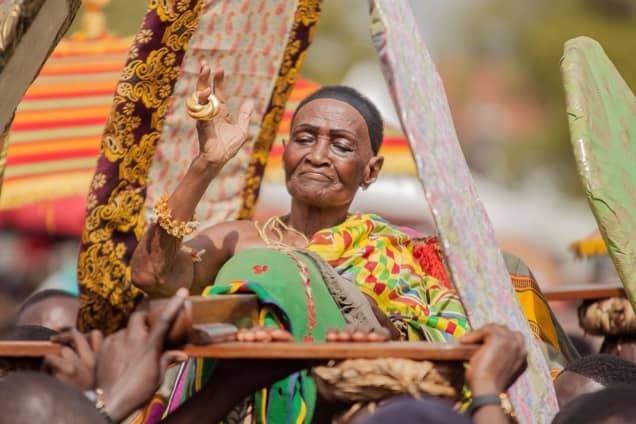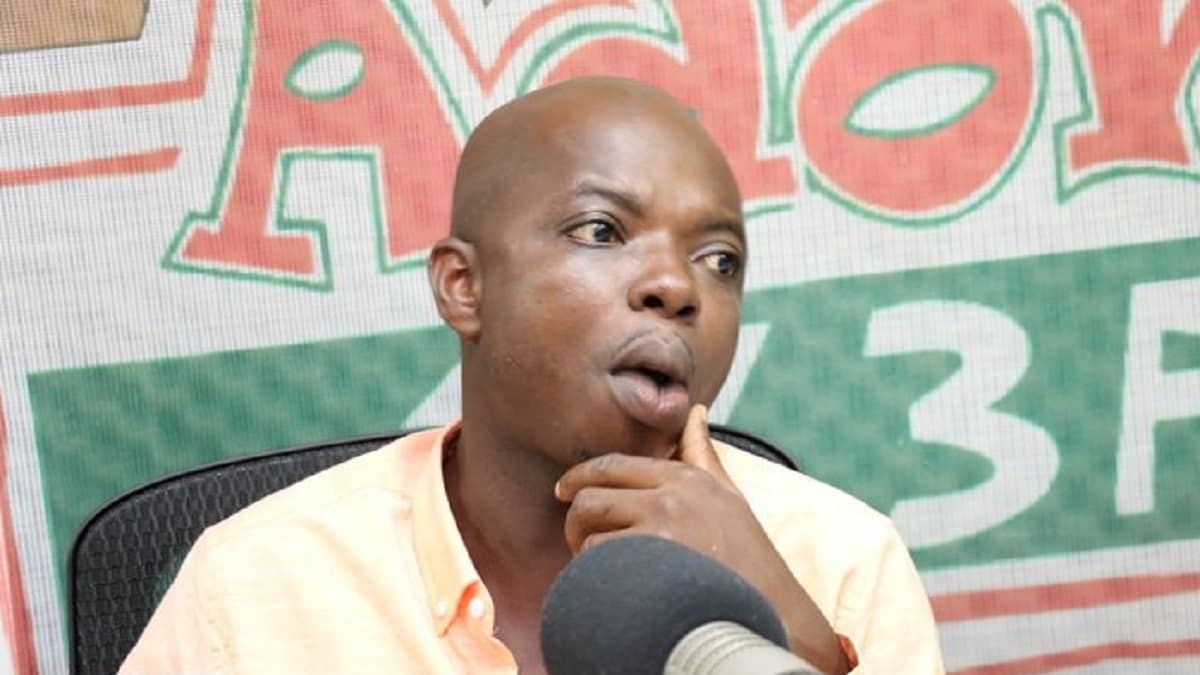
In a dramatic session on Friday, February 21, 2025, the Majority Caucus in Ghana’s Parliament prevented Ernest Yaw Kumi, the Member of Parliament (MP) for Akwatia, from delivering a statement on the floor. This action stems from Mr. Kumi’s recent contempt of court conviction and the subsequent issuance of a bench warrant for his arrest.
Background of the Contempt Conviction
The legal troubles for Mr. Kumi began when he defied an interim injunction issued by the Koforidua High Court. The injunction barred him from being sworn in as an MP on January 7, 2025, due to an ongoing legal dispute over the Akwatia parliamentary seat. Despite this, Mr. Kumi proceeded to take the oath of office, an act the court deemed contemptuous. On February 19, 2025, the High Court found him guilty of contempt. However, Mr. Kumi was absent during the sentencing, leading the court to issue a bench warrant for his arrest.
Parliamentary Proceedings and Majority’s Objection
During the parliamentary session on February 21, Mr. Kumi sought to address the House. The Majority Caucus, however, objected to his participation, arguing that allowing a convicted individual with an active bench warrant to speak would undermine the integrity of Parliament. This stance led to heated exchanges between members of the Majority and Minority, resulting in a chaotic atmosphere within the chamber. The Speaker was eventually compelled to adjourn the sitting to restore order.
Minority’s Response and Legal Actions
In defense of their colleague, the Minority Caucus announced that they had filed an appeal against the High Court’s ruling. They also submitted a stay of execution to suspend the court’s order pending the outcome of the appeal. Second Deputy Minority Whip, Jerry Ahmed Shaib, described the court’s decision as excessively harsh and expressed the Minority’s disagreement with the ruling.
Implications and Ongoing Legal Battle
The situation has escalated tensions within Parliament, highlighting the complex interplay between legal proceedings and legislative functions. The Majority maintains that adherence to legal and ethical standards is paramount, while the Minority contends that Mr. Kumi’s rights as an elected representative are being infringed upon. As the legal battle continues, the outcome of the appeal will significantly impact Mr. Kumi’s parliamentary career and the broader political landscape in Ghana.
This incident underscores the importance of respecting judicial processes and the rule of law, especially among public officials. It also raises critical questions about the balance between legal accountability and the representation of constituents in legislative bodies.








